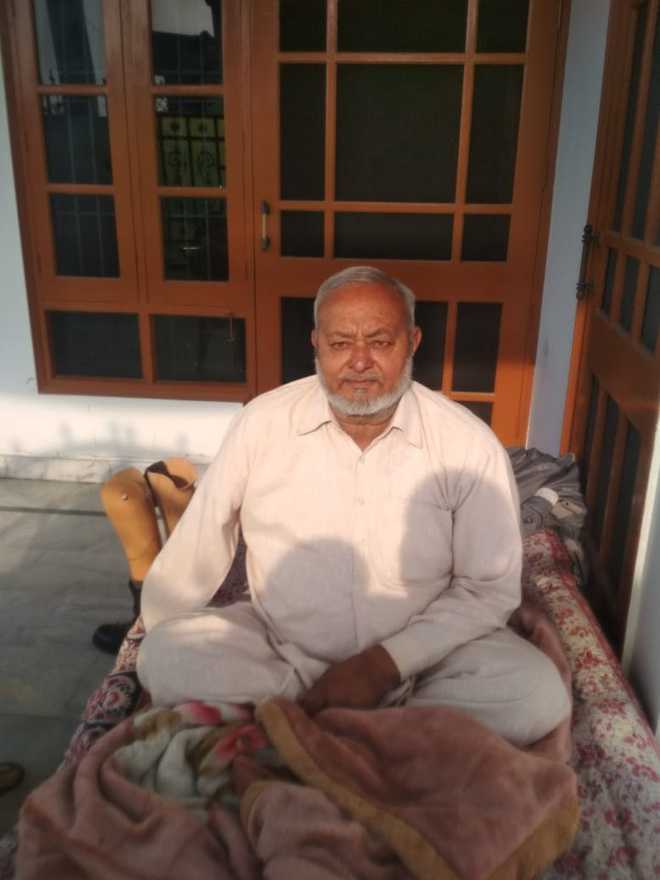Baldev beat death, again and again
Lt Gen RS Sujlana
Baldev Singh had been in the Army just for six months when the 1971 India-Pakistan war broke out. Fighting alongside the valiant officers, JCOs and men of 9 Sikh, and witnessing their camaraderie and valour, he ended up as the protagonist of an awe-inspiring tale of fortitude and resilience.
By December 13, 1971, the battalion he was part of had captured a large chunk of enemy area. Besides a very successful infiltration and exfiltration some 20 km behind enemy lines, a roadblock was established. That brought all enemy movement to a halt for four days on the strategic road from Muzaffarabad (in PoK), over the Birthawari Gali, to Leepa Valley, snuggled between Teethwal in the north and Uri in the south. To create further confusion in the enemy camp and get more control on the road, a commando platoon was unleashed on December 13.
The platoon made good progress before it ran into a major ambush just before night fell. The platoon came under heavy machine gun fire and the three leading scouts, Naik Baldev Singh being one of them, sustained bullet injuries. His right arm shattered, he tumbled into a stream. Battling excruciating pain and hunger, but determined to join his comrades, Baldev, using his functional hand, dragged himself out of the stream. Unfortunately, he slipped again, and this time he stumbled on to a minefield. In no time, both his toes were blown away.
His platoon, unable to find him amidst heavy firing, smoke and dust, had to move on to complete the mission at hand. Baldev, lying unconscious, was woken up by extreme pain and cold sometime later. In the eerie darkness, he realised he was all alone, in deep pain and unable to move. Yet, he was happy to be alive. Dawn broke, and the warmth of piercing sunrays steeled his resolve to survive the ordeal. Thankfully, he had some emergency ration and water. On the second night, it snowed, a blessing in disguise for the badly injured Baldev. The fresh snow quenched his thirst and the chill stopped the bleeding, firming up his resolve to survive even more. For the next four days, he lay there, battling excruciating pain and extreme cold.
In the meantime, a ceasefire was declared and the enemy was requested to look for the missing Baldev. On the fifth day of his ordeal, Baldev, now unconscious, woke up when a wandering dog came close and started sniffing him. Unperturbed, he shooed it away, but the scooting canine alerted an enemy patrol. On observing some movement behind a rock, they challenged Baldev to come out with his hands up, but he was in no condition to oblige, and hence lay there quietly. The overcautious soldiers opened up fire, but quite miraculously Baldev escaped death yet again.
Taken prisoner, he was moved to Rawalpindi, where he was advised an urgent amputation of his right arm and both feet as gangrene had set in. Baldev agreed to amputation of the upper limb only, hoping his feet could be saved. Sadly, after repatriation, he lost both his feet but not his never-say-die attitude. Sporting artificial limbs, he went home on an honourable pension and continues to live his life gallantly in his native village, Taprian Amar Singh, 8km from Chamkaur Sahib.
Ask him what kept him fighting, and he says — faith in the Almighty, his comrades and the regimental motto, Nischekar Apni Jeet Karon.










